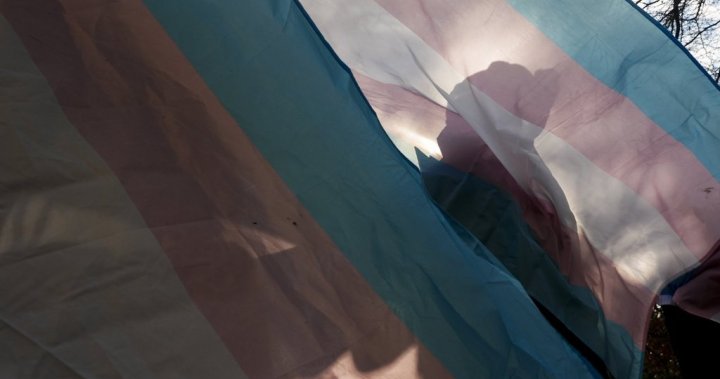In the quiet corridors of Quebec’s legislature, a debate that touches the very heart of how we understand identity is unfolding. Last week, the Coalition Avenir Québec government announced the formation of a special committee to examine gender identity policies in our schools – a move that has sent ripples through Montreal’s diverse communities.
As I walked through the Plateau yesterday morning, conversations at café terraces seemed to circle back to this announcement. Parents, educators, and students alike are wondering what this means for Quebec’s educational landscape.
The committee will be led by former politician Agnès Maltais and education specialist Éric Charest. Their mandate? To review how schools are navigating the complex terrain of gender identity among students. This includes examining policies on changing names, pronoun use, and access to facilities like bathrooms and changing rooms.
Premier François Legault has emphasized that the committee’s work is about finding balance. “We want to ensure both the rights of children questioning their gender identity and the parents’ right to be informed,” he stated at a press conference I attended in Quebec City.
The formation of this committee comes amid growing tension. Several school boards across Quebec have adopted varying approaches to supporting gender-diverse students. Some allow students to use chosen names and pronouns without parental notification, while others require family involvement.
Sophie D’Amours, rector at Université Laval and respected voice in education policy, told me, “This isn’t simply an administrative question. It’s about creating environments where all students feel safe while respecting family dynamics.”
The committee’s creation hasn’t been without controversy. LGBTQ+ advocacy groups like the Conseil québécois LGBT have expressed concern that the review could potentially roll back protections for vulnerable youth.
“For some students, school is their only safe space,” explained Mona Greenbaum, director of the LGBT+ Family Coalition, during our phone conversation yesterday. “We need to ensure this committee centers the well-being of children in its recommendations.”
Parents seem divided on the issue. During my visit to a parent-teacher meeting at École Secondaire du Plateau last evening, I witnessed passionate perspectives from all sides.
“I want to know what’s happening with my child at school,” said Marie Tremblay, mother of a 14-year-old student. “But I also understand some children face difficult situations at home.”
Quebec’s approach stands in contrast to other provinces. Ontario, for instance, recently reversed a policy requiring parental notification when students under 16 change their names or pronouns at school. Meanwhile, New Brunswick and Saskatchewan have implemented policies requiring parental consent for name changes for students under 16.
The statistics highlight why this conversation matters. According to a 2023 survey by TransPulse Canada, transgender youth who have supportive environments report 70% lower rates of depression and anxiety. Yet many still face significant barriers to acceptance.
Education Minister Bernard Drainville has confirmed the committee will consult with students, parents, and experts before delivering recommendations next spring. “This isn’t about imposing ideology. It’s about finding a Quebec approach that respects everyone’s rights,” he stated.
Walking back from that parent-teacher meeting through Montreal’s colorful streets, I couldn’t help but reflect on how this debate touches something deeply personal for so many Quebecers. Our province has always walked its own path on social policy, often balancing progressive values with a distinct cultural perspective.
The outcome of this committee’s work will likely shape how a generation of Quebec students experience their educational journey. As one teacher told me, requesting anonymity due to the sensitivity of the issue, “These aren’t just policies. They’re about real children trying to find their place in the world.”
What remains clear is that whatever path Quebec chooses will need to center compassion, evidence, and the well-being of children navigating their identity in an increasingly complex world.
The committee is expected to begin consultations next month, with public hearings likely to follow. As Montrealers, we would do well to listen carefully to all perspectives while remembering that behind every policy debate are real young people whose lives are profoundly affected by these decisions.







